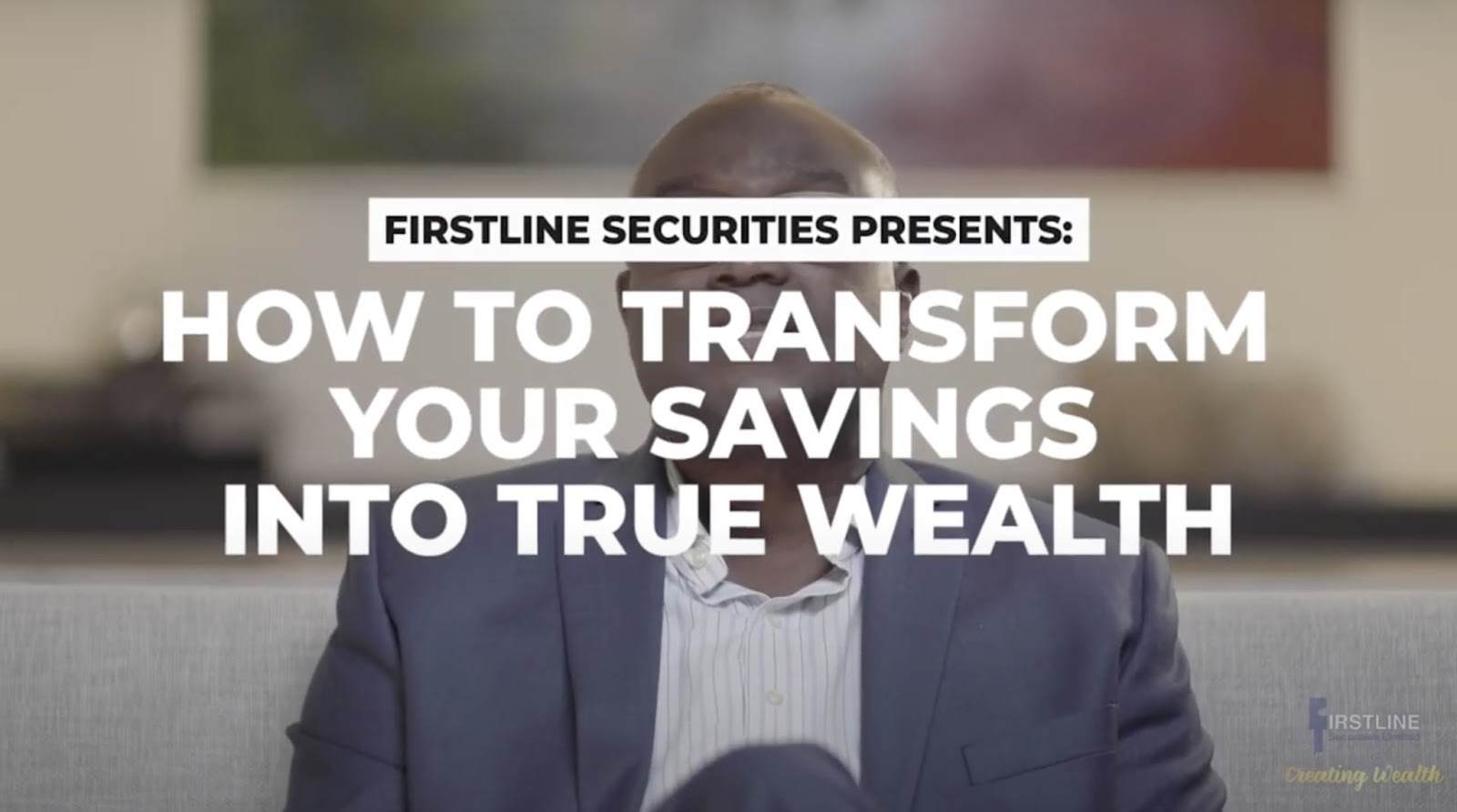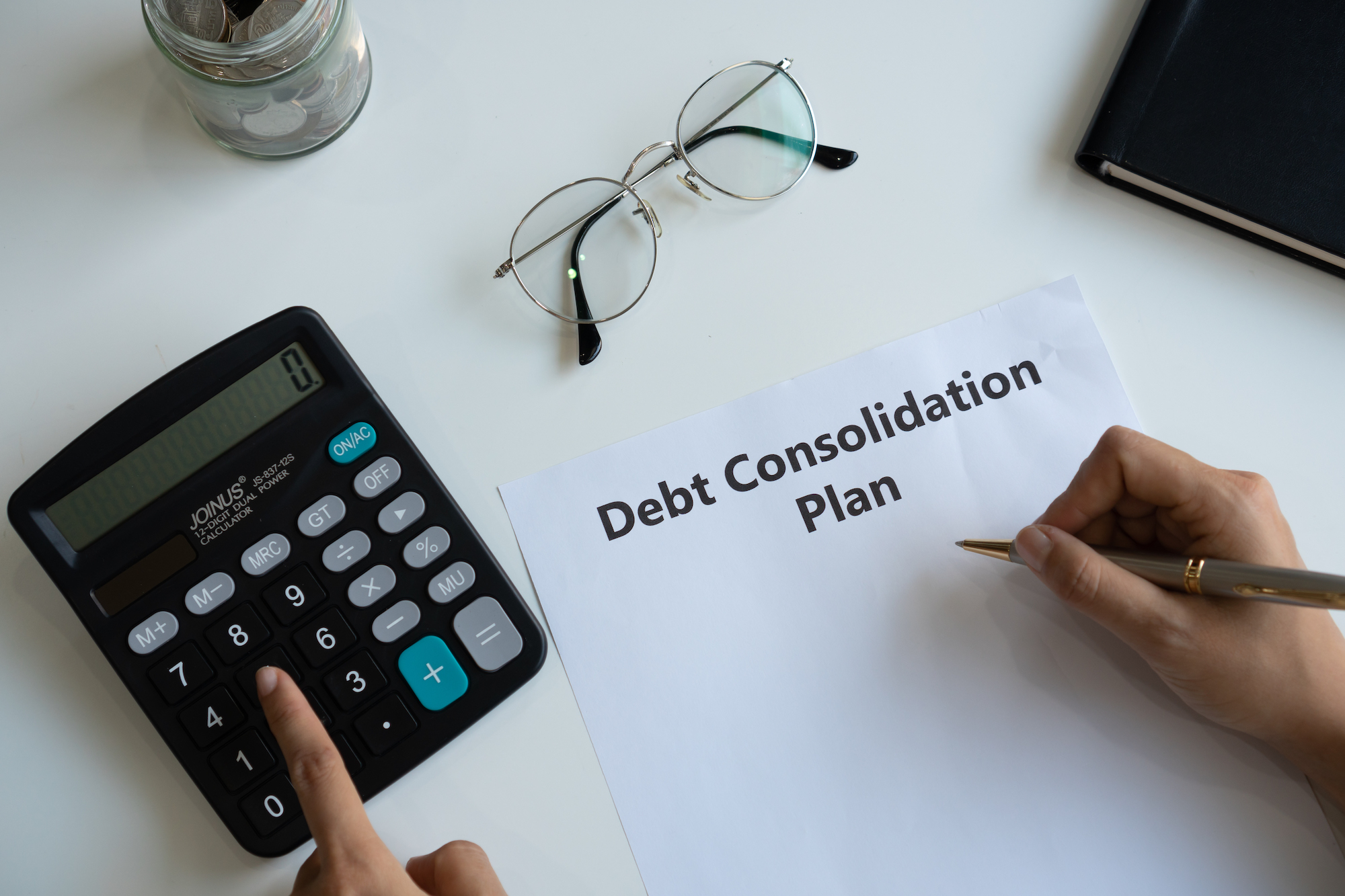This article is a 9 min read.
Two Practical Ways To Get Out Of A Never-Ending Cycle of Debt
INSIGHTS

Christmas is always something to look forward to, but it inevitably leaves many in debt and often leads to that perennial new year’s resolution that next year will be “the year” that finally sees that person (you) get out of debt.
But how does one get out of debt?
There aren’t any magic money trees one can raid to pay off the most pressing of creditors.
I wish there was, but I can tell you there isn’t, having assessed on a professional level many of the get rich schemes that seem to cascade endlessly at us on Facebook and other social media sites.
Magic money trees don’t exist.
Getting out of debt is not an easy path to chart. But there are two simple steps – two practical ways you can use – to get you started to a debt free existence.
Step One – Calculate how much you are in debt and then prioritise

If you are in your thirties you will almost certainly carry some level of debt, as your lifestyle demands outstrip your income. That can be a major problem if you are also trying to save for a deposit to buy a house for example. Often the debt comes first (in fact it can quickly start to overwhelm you), and the dream of being a homeowner falls by the wayside.
Working out how much you owe isn’t a complex calculation and you shouldn’t need an accountant to assist you.
Make a list of who you owe money to and calculate how much you need to pay every month to service that debt.
From this list, identify what I always refer to as “Priority debts”. Priority debts are those debts that have serious consequences if they are not paid on a timely basis. Priority debts would include the following: rent or mortgage, TTEC bills, and the soon to be added Property Tax (if you are a property owner).
Having established your “Priority debts” you must then work out how much you can pay each month. This requires making an honest assessment of how much you need to live on every month and the best way to make this assessment, is to create a personal expense budget.
A good personal expense budget – or at least one that will allow you to get out of debt – covers only the essential living costs such as housing, food, and clothing (essential items only). Luxuries and entertainment must take a backseat (far, far in the back), particularly if you are looking to get out of debt as quickly as possible.
When you have your personal expense budget, deduct the amount of the expenses from your income and what is left over, is the amount that you should use to service your creditors.
Priority debts should always be paid first.
What Everyone *Should* Know
- But Most Were Never Taught -
About Creating True Wealth In Trinidad & Tobago
The REAL truth about how to grow and maximise your money

In just 3 days, you can have all the tools you need to transform your current savings into true wealth – forever.
We are a financial services firm based in Trinidad & Tobago, and do you know what our most commonly asked question is? It’s “How do I make more money?”
Well, now we’ve answered it.
To get the answer, simply put in your name and email address below, and over the next three days, open the three emails we will send you.
Those three emails can change everything.
Put in your email, and let’s begin.
Step Two – Consolidate your debts

Owing money to many creditors means making numerous individual payments every month. If you owe money on a credit card (perhaps because you are not paying off the balance in full every month), then the outstanding amounts will attract interest at high rates. This is also true if you use an overdraft facility on a consistent or “roll-over” basis.
Consolidating your debts into a single personal loan at a retail bank can help since you will then be dealing with just one payment over a defined period, and the interest rate you are charged, will almost certainly result in monthly savings over the amount that you are currently paying. This is especially true in current market conditions as interest rates are at a historical low.
Using the service of a Wealth Manager will also pay dividends as an experienced Wealth Manager can assist with finding the best loan at the best rate that will allow you to retire all your debt in the shortest frame possible based upon your personal expense budget.
Remember that getting out of debt is the first step towards financial independence and true wealth management.
A Word Of Warning 📌:
If you are considering following our suggestions, then you must have a high degree of willpower. Again, a good Wealth Management specialist can help in this regard.
Once the balances have been cleared by the consolidation loan, give serious consideration to destroying your credit cards and surrendering your overdraft facility. If you must retain them, then use them only for emergency purposes. The last thing you want to do is restructure your debt and then get back into bad habits by running up your credit card balance or overdraft to its maximum amount.
Willpower = Financial Discipline.
How To Pay Off Your Debts As Quickly As Possible

To make all I have written practical advice that can be followed to get you out of debt I offer the following as a summary:
Prepare a Budget
Make sure to record all your income including wages and ad hoc income from other sources. Note all the amounts that you must pay out each month in respect of regular household bills.
Try and anticipate the unexpected. Does your car need its annual service soon? Does your pet require a trip to the vet? Are you due a check-up at the dentist?
Once you have a detailed budget you can calculate your disposable income (income less expenditure) and how much is available to service your debt.
Can you open a second source of income?
If your disposable income isn’t enough to pay your monthly debt, consider whether you can open an additional source of income.
If you want guidance in this area see our blog entry entitled “5 Foolproof Ways To Grow Your Savings In 2020”. Yes, while it’s no longer 2020, the information still stands.
Can you make any savings?
There are many ways to save money. Cutting out luxury items or substituting cheaper items for brand items is one way. If you are in the habit of buying lunch every working day, try bringing a packed lunch with you from home, and see how much you save in a month.
Prioritising and Make Strategic Sacrifices
A good Wealth Manager will always advise you that there is never any gain without some pain. Getting out of debt – and avoiding new debt for that matter – is never an easy road to chart and will always mean making sacrifices.
If this means that your liming moves from paid establishments to household gatherings, then so be it!



